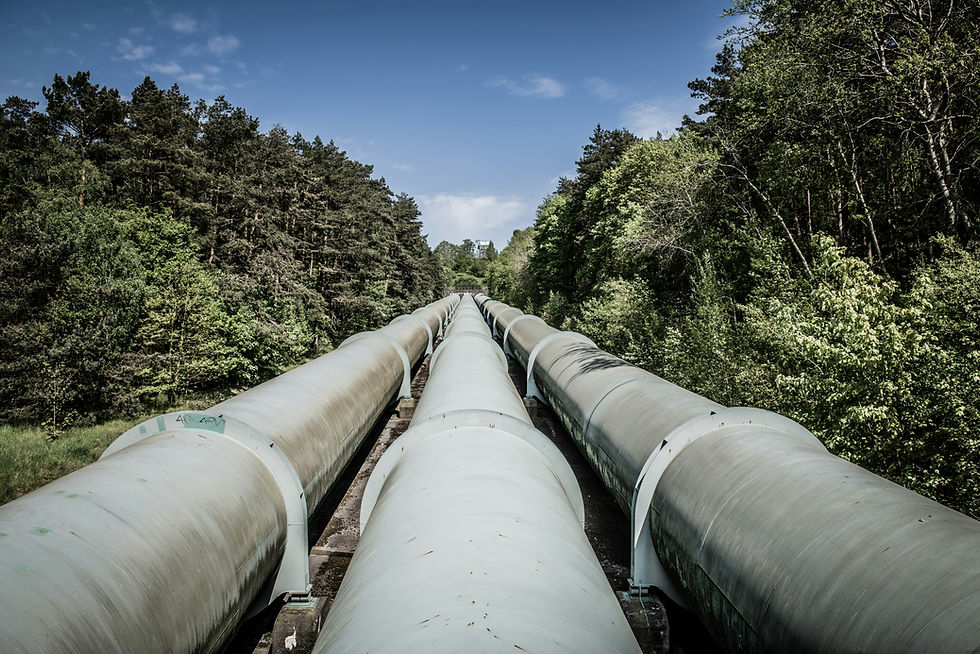What does the Wastewater sector becoming 'energy-neutral' mean?
- Mar 27, 2023
- 2 min read

It should come as no surprise that the wastewater treatment is one of the biggest consumers of energy in the public sector. Recently the European Commission has created it's proposal for revising the rules on treating urban wastewater to better protect the health of people and the environment.
One of it's aims is to "make the wastewater sector energy-neutral" and move it towards climate neutrality by reducing energy use, using the larger surfaces of some wastewater treatments plants to produce solar/wind energy, encouraging water reuse and using sludge to produce biogas, which can substitute natural gas and/or using energy recovery systems that recover the heat and turn it into electrical energy.
What is 'energy-neutrality'?
Energy neutral designs refer to environmentally powered electronics for waste water treatment, in which devices absorb or harvest energy from their immediate surroundings (for example, light, heat, radio waves, and motion) and convert it to the electricity they need to operate. The battery-less radio is an example of this.
Is it possible?
Maybe. When it comes to energy neutrality in Waste Water Treatment, it's critical to take advantage of all available options to cover electricity consumption.
Potential energy derived from various kinds of sludge is insufficient to provide energy self-sufficiency.
Even with wind and solar energy, it its hard to imagine it providing enough energy.
Heat recovery from waste water is also an option, although expensive with long payback time
Conclusion
Consuming renewable energy from external sources appears to be a more viable approach than using sources within the facilities to generate energy from its surroundings. Although this does mean greater investment in infrastructure to support this is critical, this will be a benefit for all concerned. It is yet to be seen that a waste water treatment plants uses its facilities to generate the energy needed to treat waste water, but these sources of energy may contribute to a lower energy consumption and help to reduce its reliance of external sources of energy until a renewable energy supply framework is able to provide the energy required externally.
.png)


Comments